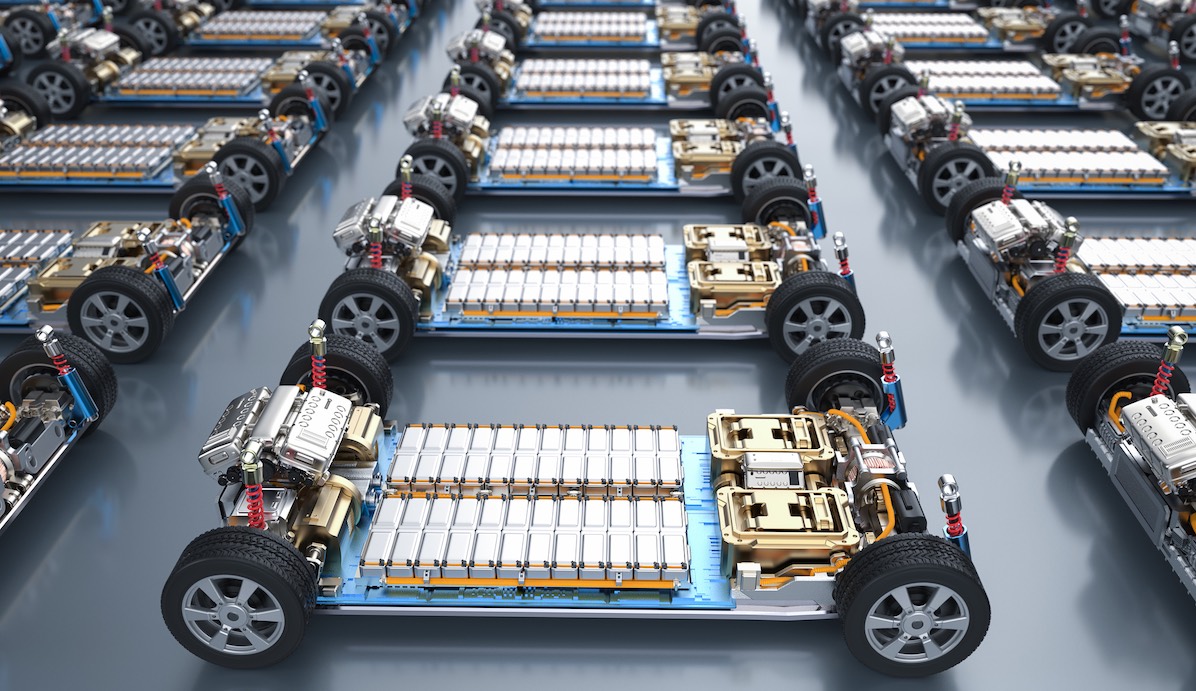
Electric Vehicle Batteries 101
January 3, 2024
Electric vehicles (EVs) are becoming increasingly popular as an eco-friendly alternative to gas-powered cars. A key component that enables EVs to run without gasoline is the battery. There are different types of batteries used in EVs, each with their own advantages and disadvantages. Understanding the differences can help you choose the right EV for your needs.
Lithium-Ion Batteries
The most common type of battery found in EVs today is the lithium-ion battery. Majority of EVs from Tesla, Nissan, Chevrolet and other automakers use some variant of lithium-ion batteries. They are lightweight and compact yet able to store lots of energy in a small space. Lithium-ion batteries can be recharged quickly and last for thousands of charge cycles. However, they degrade faster in extremely hot climates and are expensive to manufacture.
Nickel-Metal Hydride Batteries
Nickel-metal hydride (NiMH) batteries were used in early hybrid models like the Toyota Prius. They have high energy density and are more resistant to overheating compared to lithium-ion. However, NiMH batteries have lower energy density and take longer to charge. These drawbacks have led automakers to favor lithium-ion now. Still, NiMH remains a proven and durable battery chemistry.
Lead-Acid Batteries
Lead-acid batteries are the oldest rechargeable battery type. They are inexpensive to produce and tolerant to overcharging. But their heavy weight and low energy density makes them impractical for most EVs. Lead-acid batteries are mainly used in micro EVs like golf carts and for auxiliary power in larger EVs.
Solid-State Batteries
An emerging battery technology is the solid-state battery which uses solid electrodes and electrolytes. By replacing flammable liquid electrolytes with solid materials, solid-state batteries can store more energy while being safer. They also recharge faster and work in extreme temperatures. Solid-state batteries are still in R&D phase but could become the next generation EV battery.
The optimal battery depends on factors like driving range, charging time, cost and operating conditions. Lithium-ion works for most needs today but new innovations are on the horizon. Terra Charge stays up-to-date on the latest EV battery technologies to build the best charging infrastructure for drivers. Contact us today to learn about our EV charging solutions.